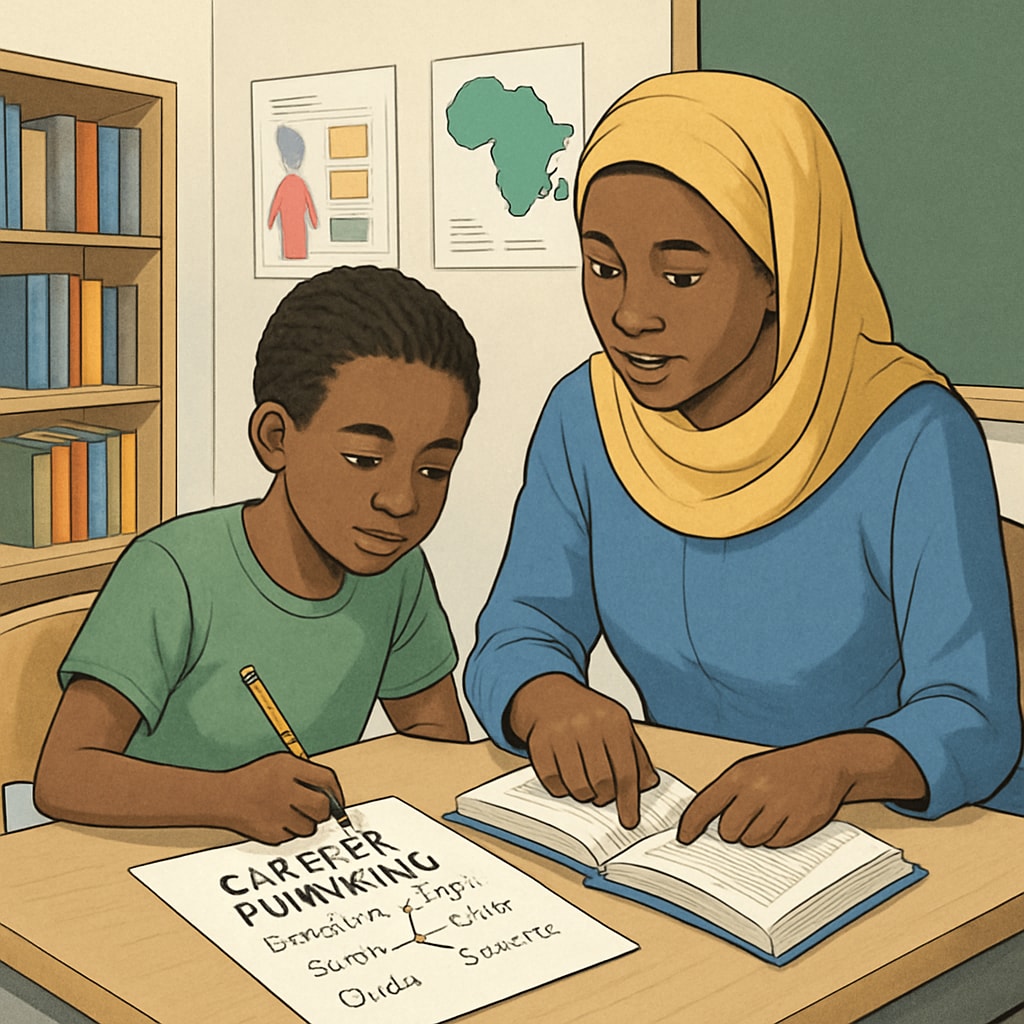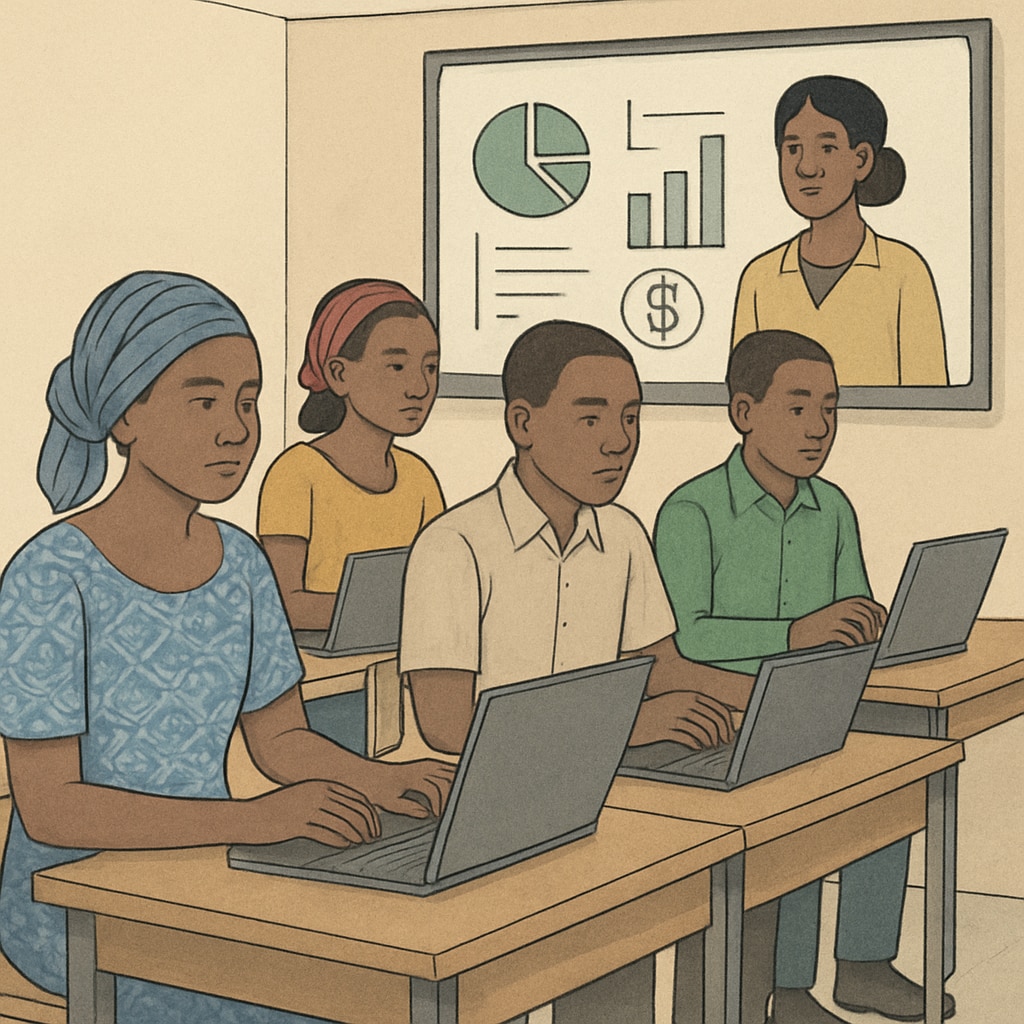Career development in Mali faces unique challenges, particularly for students aspiring to enter the financial industry. With limited domestic resources and opportunities, many K12 students in Mali must consider studying abroad to broaden their horizons and access better educational and professional prospects. This article examines the importance of early career planning, strategies to cultivate a global vision, and actionable steps for parents and educators to support students in navigating these decisions.
Why Early Career Planning Matters for K12 Students
Early career planning during the K12 years provides students with the foundation to make informed decisions about their future. In developing countries like Mali, where the financial sector is still emerging, it is essential for students to understand the skills and qualifications required to succeed in competitive industries. Without proper guidance, many young people may face difficulties identifying viable pathways for personal and professional growth.
For example, the financial industry in Mali has significant potential, but it remains underdeveloped compared to global markets. Students who aspire to work in finance must not only excel academically but also gain international exposure to learn about advanced financial systems and practices. This is where early career planning becomes crucial, as it helps students align their interests with realistic opportunities.

Overcoming Resource Constraints in Mali’s Education System
One of the key barriers to career development in Mali is the limited availability of educational resources. Many schools lack access to up-to-date curricula, trained career counselors, and extracurricular programs that expose students to diverse fields like finance. As a result, students often have a narrow understanding of potential career paths.
To address these gaps, educators and parents can explore creative solutions, such as:
- Partnering with international organizations to provide virtual mentorship programs.
- Encouraging participation in online courses and webinars related to finance and global markets.
- Organizing career fairs featuring professionals from various industries, including finance.
These initiatives not only expand students’ knowledge but also inspire them to dream beyond the limitations of their immediate environment.

The Role of Studying Abroad in Career Development
For many Malian students, studying abroad represents a transformative opportunity to gain exposure to global perspectives and acquire skills that are in demand worldwide. Pursuing education in countries with established financial industries allows students to build networks, learn from experienced professionals, and access advanced educational resources.
However, preparing for study abroad requires careful planning. Students and their families should consider factors such as scholarship opportunities, language proficiency requirements, and the alignment of overseas programs with their career goals. Additionally, returning to Mali with international expertise can help students contribute to the local economy by introducing modern financial practices and fostering growth in the industry.
For more information on the benefits of studying abroad, visit Study Abroad on Wikipedia.
Practical Steps for Parents and Educators
Parents and educators play a vital role in guiding K12 students toward successful career paths. By fostering a supportive environment, they can help students explore their interests and develop the confidence to pursue ambitious goals. Here are some practical steps:
- Encourage open discussions about career aspirations and provide constructive feedback.
- Introduce students to role models in their desired fields, including professionals from the financial sector.
- Support students in developing essential skills, such as problem-solving, communication, and teamwork.
- Guide students through the process of applying for scholarships and international programs.
To learn more about career planning strategies, check out Career Planning on Britannica.
While the path to success may seem daunting, especially in a resource-constrained environment like Mali, early preparation and global exposure can set students on a trajectory toward a fulfilling career.
Readability guidance: Use short paragraphs and lists to summarize key points; include examples and actionable advice. Maintain a balance of academic terms and accessible language to ensure clarity for a diverse audience.


